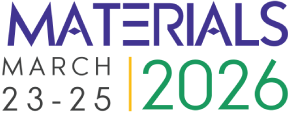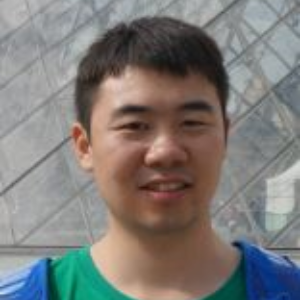Title : Cryogenic in-memory computing using giant and tunable anomalous Hall effect in magnetic topological insulators
Abstract:
Cryogenic in-memory computing holds the promise of energy-efficient hardware implementation for machine learning algorithms, particularly for crucial quantum computation tasks like quantum error correction and quantum control. However, achieving this requires the development of energy-efficient memristors that can operate at deep cryogenic temperatures, specifically at or below the temperature of liquid helium (4.2 K), a challenge that has yet to be overcome. Magnetic topological insulators are promising candidates due to their tunable magnetic order by electrical currents with high energy efficiency. Here, we build magnetic topological memristors and introduce a cryogenic in-memory computing scheme based on the coexistence of the chiral edge state and the topological surface state. We achieve high accuracy in a proof-of-concept classification task using four magnetic topological memristors. Furthermore, our algorithm-level and circuit-level simulations of large-scale neural networks based on magnetic topological memristors demonstrate a software-level accuracy and lower energy consumption for image recognition and quantum state preparation compared with existing magnetic memristor and CMOS technologies. Our results not only showcase a new application of chiral edge states besides their applications in topological quantum computing, resistance standards, and dissipationless interconnects, but also may inspire further topological quantum physics-based novel computing schemes.
Audience Take Away Notes:
- The audience will gain insights into the potential of cryogenic in-memory computing and magnetic topological memristors for energy-efficient hardware implementation, particularly in the context of machine learning and quantum computation tasks. They will learn about the challenges and solutions associated with developing memristors that operate at deep cryogenic temperatures. This knowledge can be applied by researchers, engineers, and developers in the field of quantum computing and hardware design to explore and develop more energy-efficient computing solutions for various applications
- For researchers and engineers working in quantum computing and hardware development, this research provides valuable information on the use of cryogenic in-memory computing and magnetic topological memristors. It can help them make informed decisions when designing and implementing hardware for quantum error correction, quantum control, and other machine learning tasks. Additionally, the insights on lower energy consumption and software-level accuracy can guide professionals in optimizing their computing solutions for improved performance and efficiency
- This research has the potential to benefit other faculty members in academia. It introduces a novel approach to computing using magnetic topological memristors and cryogenic techniques. Other researchers and educators can use this work as a foundation for expanding their own research in the fields of quantum computing, materials science, and hardware development. It can also be used as educational material to teach students about emerging technologies and their applications in quantum physics-based computing schemes. The research may inspire further exploration and innovation in these areas



